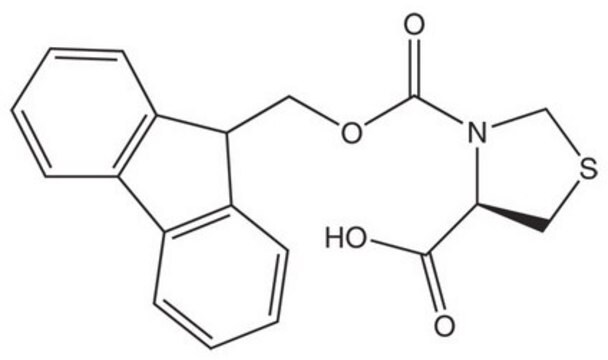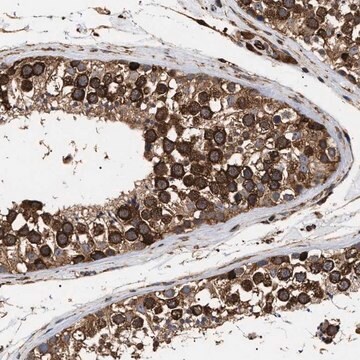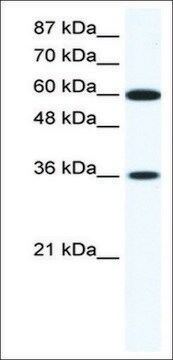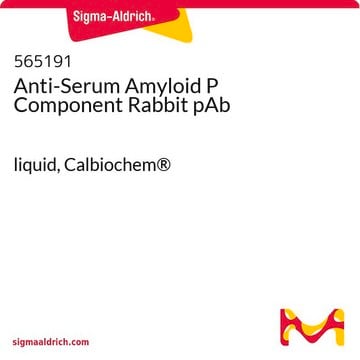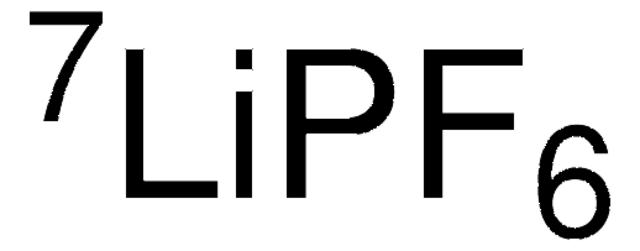AB3046
Anti-Uncoupling Protein 3 Antibody
Chemicon®, from rabbit
Synonym(s):
UCP3
About This Item
Recommended Products
biological source
rabbit
Quality Level
antibody form
affinity purified immunoglobulin
antibody product type
primary antibodies
clone
polyclonal
purified by
affinity chromatography
species reactivity
human, rat
manufacturer/tradename
Chemicon®
technique(s)
ELISA: suitable
immunohistochemistry: suitable
western blot: suitable
NCBI accession no.
UniProt accession no.
shipped in
dry ice
target post-translational modification
unmodified
Gene Information
human ... UCP3(7352)
rat ... Ucp3(25708)
General description
Specificity
Immunogen
Application
Metabolism
Ion & Transport Channels
Immunohistochemistry: 2-20 μg/mL on formaldehyde fixed tissue.
ELISA: (1:10,000-1:100,000 using 50-100 ng UCP32 control peptide/well).
Optimal working dilutions must be determined by end user.
Target description
Physical form
Storage and Stability
Analysis Note
Muscle tissue, Blocking peptide for UCP3 is available (Catalogue No. AG769).
Legal Information
Disclaimer
Not finding the right product?
Try our Product Selector Tool.
Storage Class Code
12 - Non Combustible Liquids
WGK
WGK 2
Flash Point(F)
Not applicable
Flash Point(C)
Not applicable
Certificates of Analysis (COA)
Search for Certificates of Analysis (COA) by entering the products Lot/Batch Number. Lot and Batch Numbers can be found on a product’s label following the words ‘Lot’ or ‘Batch’.
Already Own This Product?
Find documentation for the products that you have recently purchased in the Document Library.
Our team of scientists has experience in all areas of research including Life Science, Material Science, Chemical Synthesis, Chromatography, Analytical and many others.
Contact Technical Service

